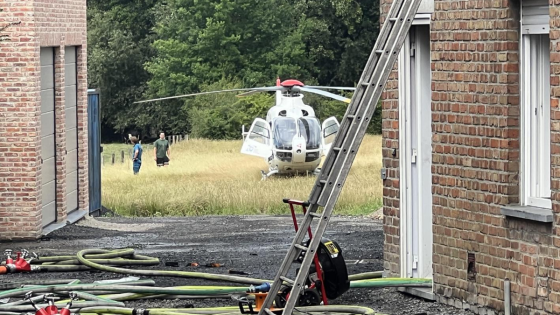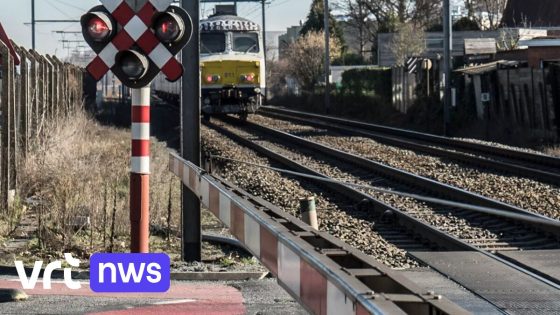The recent controversy involving an NMBS conductor who greeted passengers with “goedendag-bonjour” has sparked debate about language use on Belgian trains. This incident, which came to light around 2025-07-12 00:47:00, highlights the ongoing tension between strict language regulations and customer service flexibility.
- Conducteur verwelkomt reizigers met "goedendag-bonjour"
- Vaste Commissie voor Taaltoezicht wijst terecht
- Taalregels NMBS blijven streng in Vlaanderen
- NMBS pleit voor soepelere taalregels
- Incident benadrukt taalgevoeligheid in openbaar vervoer
The conductor’s friendly bilingual greeting occurred just as the train was still in Flanders, but the Vaste Commissie voor Taaltoezicht ruled it was a breach of language rules. Despite the phrase “Je gaat er niet dood van” (“You won’t die from it”), the official stance remains firm, raising questions about how language policies affect everyday interactions on public transport.
How important is it for NMBS staff to balance linguistic rules with passenger friendliness? And could more lenient language guidelines improve the travel experience? These questions lead US to the fast answer.
Does this ruling reflect outdated language policies or necessary respect for regional language laws? The incident reveals several key points:
- NMBS is urged to adopt more customer-focused language practices without violating official rules.
- The Vaste Commissie voor Taaltoezicht enforces language use strictly, especially in Flanders.
- Passengers often appreciate bilingual greetings, which enhance inclusivity and friendliness.
- Balancing language laws and practical communication remains a challenge for national transport services.
Looking ahead, NMBS and language authorities may need to revisit language policies to better accommodate Belgium’s multilingual reality. Could a more flexible approach lead to friendlier, more efficient travel for everyone?





























